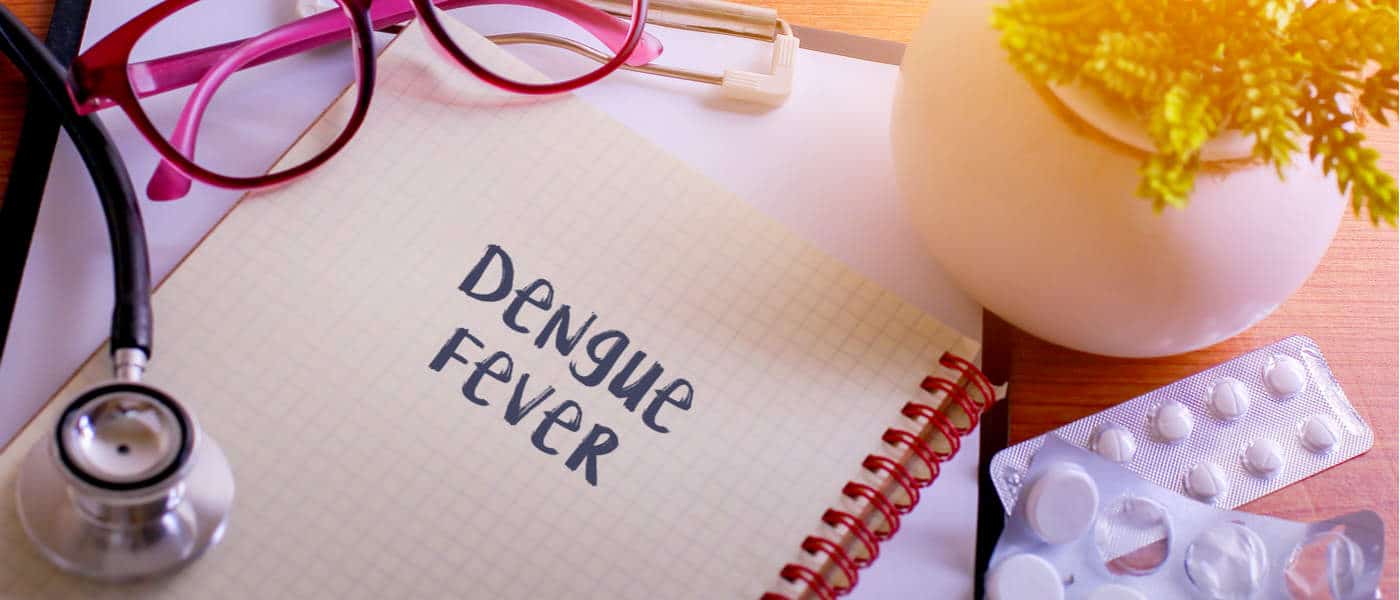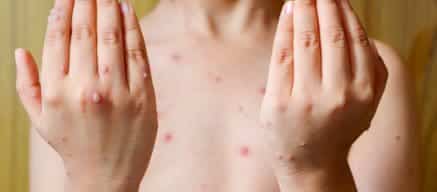
Dengue fever is a virus which is spread by mosquito bites. The recent development of a vaccine against Dengue fever marks a pivotal advance in the ongoing battle against this disease, offering a beacon of hope for effective prevention alongside traditional mosquito bite avoidance measures.
But all precautions should be taken to minimise the chance of being bitten. Dengue is rife in many parts of the tropics and sub-tropics including Central America, South America, Asia and parts of Central Africa.
Dengue fever symptoms:
- Fever
- Headache
- Pain in muscles, joints and bones (it also can be referred to as break bone fever)
- Nausea and vomiting
- Rash
In severe cases, dengue fever can develop into dengue haemorrhagic fever or dengue shock syndrome. Dengue haemorrhagic fever is where internal and external bleeding can occur – this can prove fatal and must be monitored closely. Dengue shock syndrome causes dramatic drops in body temperature and severe stomach pains. Both require urgent medical attention and may need hospitalization. The mortality rate of Dengue fever is 2.5%.
How do you treat dengue fever?
As there is no specific cure for dengue, treatment is focused around treating the symptoms. High temperature can be controlled with Paracetamol and it is vital to keep hydrated by drinking lots of water. Oral rehydration salts may also help.
If you cannot keep fluids down then you may need to be admitted to hospital. Avoid Aspirin and Ibuprofen as they can both worsen bleeding.
How to avoid dengue fever?
Avoid dengue fever by getting vaccinated before you travel to a country at risk.
Prevention methods and travel precautions are many also focuses on bite avoidance. Dengue fever carrying mosquitoes generally come out during the daytime. You should try and cover exposed skin with loose clothing and wear a DEET based mosquito repellent at all times.
Repellents with a concentration of 50% DEET are most effective and last the longest, make sure you re-apply it regularly throughout the day, especially after swimming. A permethrin based solution can be sprayed onto clothes to provide extra protection. Permethrin will kill bugs on contact with clothing and it is good to use in conjunction with repellent. These products can be purchased in any of our clinics.





